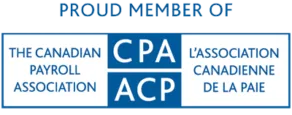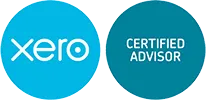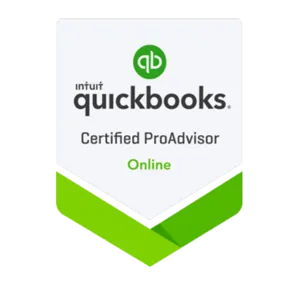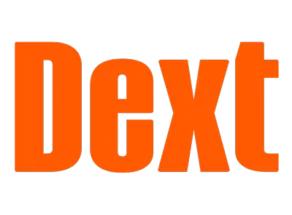OUR BLOG
Your hub for insightful and actionable content to help you unlock the potential of your business.

Employer Payroll Responsibilities in Canada: Navigating CPP and EI Deductions
When you hire your first employee in Canada, stepping into the role of an employer comes with new responsibilities. Among these, understanding and managing payroll deductions for the Canada Pension Plan (CPP) and Employment Insurance (EI) are crucial. These are not just employee contributions; as an employer, you also need to contribute, which is often a surprise for many first-time employers.
Understanding CPP and EI
The Canada Pension Plan (CPP) and Employment Insurance (EI) are two fundamental pillars of social security in Canada, designed to offer financial protection in different phases of an employee's life, including retirement, unemployment, or illness.
Canada Pension Plan (CPP): CPP provides retirement, disability, survivor benefits for contributors and their families. The plan requires contributions from both the employee and the employer, which are calculated based on the employee's earnings.
Employment Insurance (EI): EI provides temporary financial assistance to unemployed Canadians who lost their job through no fault of their own. Like CPP, EI premiums are paid by both employees and employers.
Employer Contributions to CPP and EI
As an employer, it's your responsibility to deduct these contributions from your employees' paychecks and match these contributions from your own funds.
CPP Contributions:
Employee and employer rate (2023): 5.95% each, resulting in a total of 11.4%.
Maximum pensionable earnings (2023): $66,600.
Maximum contribution: Each, employer and employee, contributes up to $3,754.45 annually.
EI Premiums:
Employee rate (2023): 1.63% of insurable earnings.
Employer rate: 1.4 times the employee's rate.
Maximum insurable earnings (2023): $61,500.
Maximum employee premium: $1,002.45, thus the employer would contribute up to $1,403.43 annually.
These contributions must be remitted to the Canada Revenue Agency (CRA) according to the schedules set out based on your total deductions.
Why It's Important to Get it Right
Many new employers, like the client mentioned, are unaware of their full responsibilities concerning these deductions. Understanding that you are not just withholding employee contributions but also matching these deductions is vital. Incorrect deductions or failure to remit these amounts can lead to significant penalties and affect your business's compliance status with the CRA.
Penalties for Non-Compliance
Failing to deduct the correct amounts or remitting them late to the CRA can result in penalties. For CPP and EI, the initial penalty can be 10% of the amount you failed to deduct. If the mistake is repeated, the CRA can impose an additional penalty of 20%. These penalties make it crucial for employers to manage payroll deductions accurately.
The Benefit of Compliance
Besides avoiding penalties, complying with these payroll responsibilities shows your commitment to upholding your employees' rights and contributes to their financial security. This can enhance job satisfaction and loyalty among your employees, fostering a positive work environment.
How to Ensure Compliance
Educate Yourself and Your Team: Make sure that whoever handles your payroll is fully aware of the rules and regulations around CPP and EI deductions.
Use Reliable Payroll Software: Many payroll software systems automatically calculate these deductions based on the latest guidelines from the CRA.
Stay Updated: Tax regulations can change. Keeping abreast of any updates from the CRA is crucial to ensure continued compliance.
Consult Professionals: When in doubt, consult with a payroll expert or accountant who specializes in Canadian payroll laws to review your payroll processes.
To Sum It Up
Understanding and fulfilling your payroll obligations as an employer in Canada are not just about compliance. These responsibilities are also about contributing to the country's social security systems that protect and provide for your employees in times of need. By staying informed and diligent about these responsibilities, you ensure that both your business and your employees are set up for success.
Whether you’re a seasoned business owner or new to employing others, remember that these contributions are as much about compliance as they are about support—both for your business and your team.
Expert Advice for
Trade & Service Businesses.
Book your Alignment Assessment and start putting your profit first.
Copyright 2023 - Competitive Edge Business Solutions






